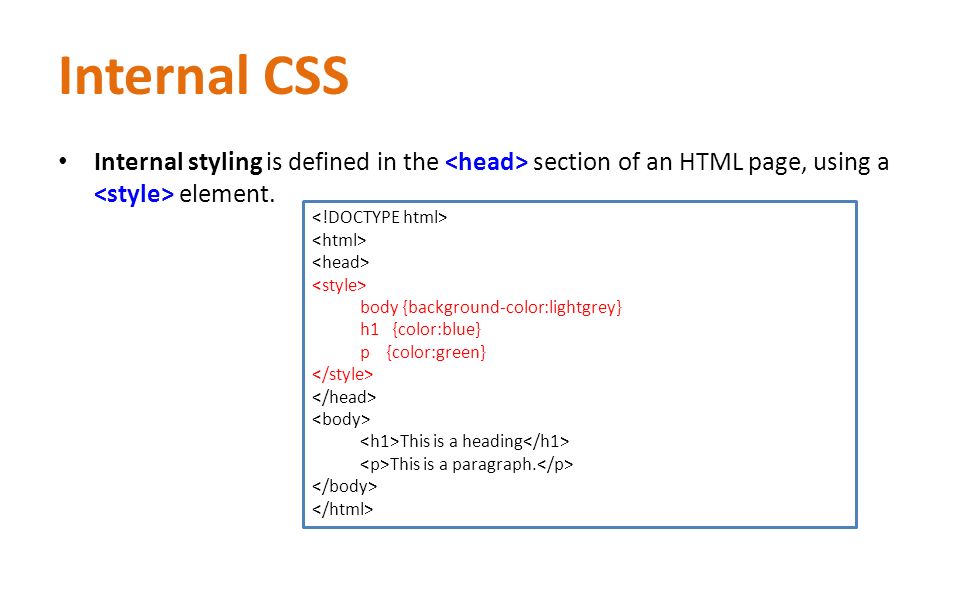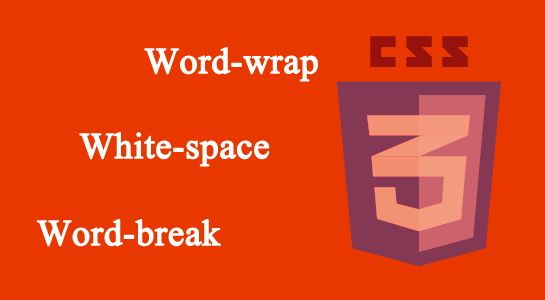The CSS object-fit property is used to specify how an <img> or <video> should be resized to fit its container.
The CSS object-fit Property
The CSS object-fit property is used to specify how an <img> or <video> should be resized to fit its container.
This property tells the content to fill the container in a variety of ways; such as “preserve that aspect ratio” or “stretch up and take up as much space as possible”.
Look at the following image from Paris, which is 400×300 pixels:

However, if we style the image above to be 200×400 pixels, it will look like this:

Example
img {
width: 200px;
height: 400px;
}
We see that the image is being squeezed to fit the container of 200×400 pixels, and its original aspect ratio is destroyed.
If we use object-fit: cover; it will cut off the sides of the image, preserving the aspect ratio, and also filling in the space, like this:

Example
img {
width: 200px;
height: 400px;
object-fit: cover;
}
Another Example
Here we have two images and we want them to fill the width of 50% of the browser window and 100% of the height.
In the following example we do NOT use object-fit, so when we resize the browser window, the aspect ratio of the images will be destroyed:
Example


In the next example, we use object-fit: cover;, so when we resize the browser window, the aspect ratio of the images is preserved:
Example


All Values of The CSS object-fit Property
The object-fit property can have the following values:
fill– This is default. The replaced content is sized to fill the element’s content box. If necessary, the object will be stretched or squished to fitcontain– The replaced content is scaled to maintain its aspect ratio while fitting within the element’s content boxcover– The replaced content is sized to maintain its aspect ratio while filling the element’s entire content box. The object will be clipped to fitnone– The replaced content is not resizedscale-down– The content is sized as if none or contain were specified (would result in a smaller concrete object size)
The following example demonstrates all the possible values of the object-fit property:
Example
.fill {object-fit: fill;}
.contain {object-fit: contain;}
.cover {object-fit: cover;}
.scale-down {object-fit: scale-down;}
.none {object-fit: none;}







Leave A Comment